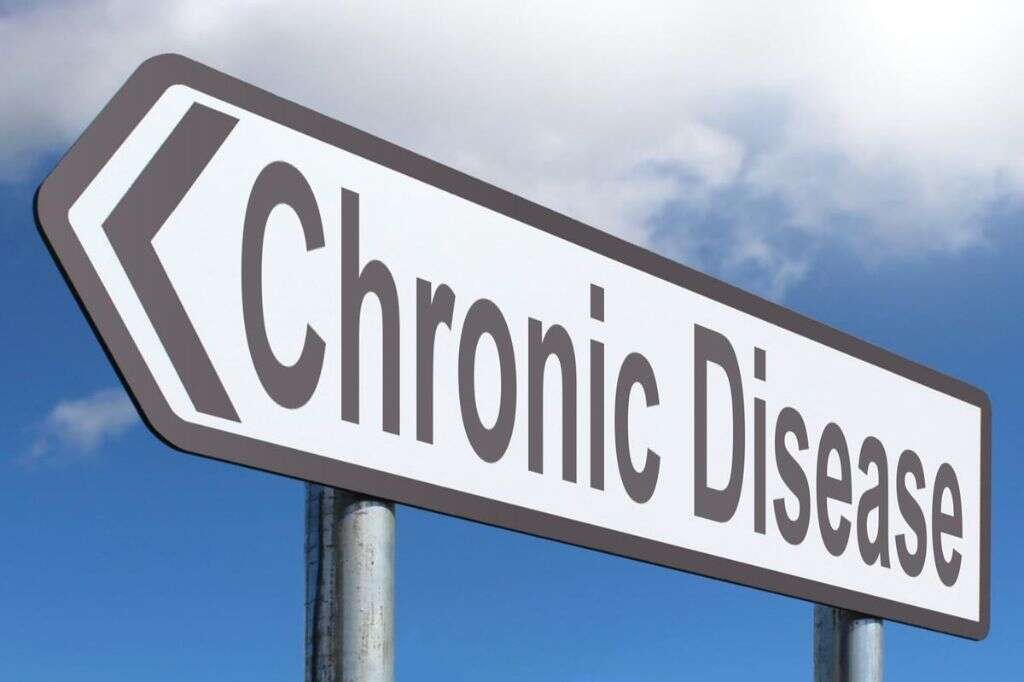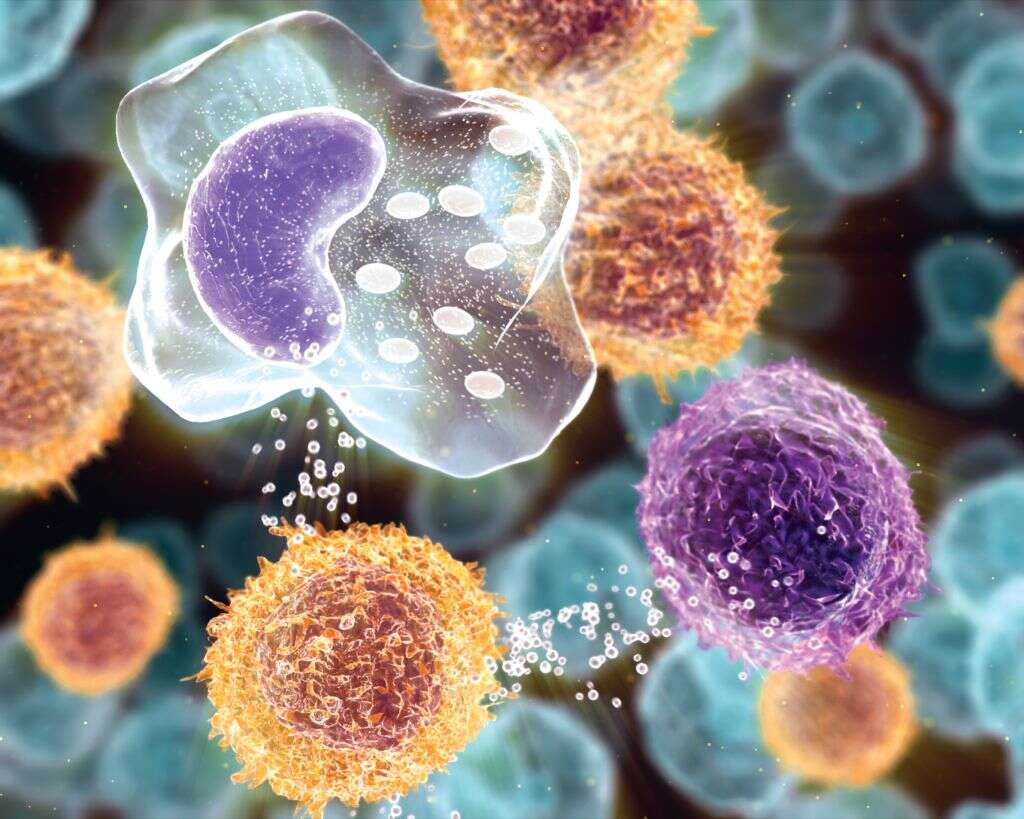What Is Malaise?
The word “Malaise” is originally a French word, and it has been a part of the language since at least the 12th century. The word translates roughly as “not right” and it is usually used in a medical context to express the symptom of the patient generally feeling unwell.
The word is also sometimes used in other contexts. For example, a sluggish economy might sometimes be described to have malaise. In the medical context, there are a number of potential causes for the symptom, and it can be difficult to pinpoint just what the problem is in many cases, although the symptom can still be useful in reaching a diagnosis.

1. Weakness
Patients will often describe malaise as though they feel weaker than they usually would. They may lack the energy and/or will to take part in any activities, even if they are energetic people usually. A lot of people with malaise might initially feel as though they are just having “one of those days,” with no suspicion that it might be down to a medical condition. In some cases, malaise will come on suddenly and without warning. At others, it might progress very gradually. For some people, the symptom will only be short-lived whereas for others, it can linger for weeks, or even months.

2. Unwell
In addition to unusual weakness, the patient will also likely have a sensation that they are just unwell. They probably won’t be able to explain exactly what their symptoms are, other than that they don’t feel at their best. Quite often, it will be a mild sensation and, depending on their other symptoms, the patient might try to just push on regardless.
Even if this is only a mild sensation for you, you should still speak with a medical professional if it persists. It could be a sign that something is wrong with the functioning of your body that needs to be addressed.

3. Resting
People with malaise will often feel as though they need some food and lots of rest to help them regain their strength. Unfortunately, however, this will do little to help them feel stronger. People with malaise are likely to still feel tired even after waking up after a good nights sleep. It is not expected that you should feel this way, especially after resting.
As such, it is something that should encourage you to seek advice from medical professionals. A doctor may ask you about any other symptoms you might be feeling, and they may also want to do some tests to find out what the problem is.

4. Disease
One of the main causes of malaise is disease, and this includes viral and bacterial infections. This can mean diseases such as the common cold or the flu, to more serious conditions like HIV, Lyme disease, fibromyalgia, and hepatitis. Disease can ravage our bodily functions, meaning that not everything runs as smoothly as it should do.
In addition, our bodies can use a lot of resources in fighting against disease, and this too can make us feel run down. It is important to try and keep on taking on all the nutrition that you need because this will give the immune system the strength to fight back.

5. Musculoskeletal Health
The health of our muscles and skeleton is just as important as the health of the rest of our bodies. If there is a problem with the skeleton then it can cause a loss of strength and mobility, and the same can be said for our muscles. A problem with the muscles and/or skeleton can lead to a number of unwelcome symptoms, including malaise.
If there is a problem, then it should be treated as quickly as possible or you run the risk of making things worse. This makes it a good idea to get advice from a professional if you feel as though something is not right.

6. Chronic Conditions
Chronic conditions are those conditions that cannot be cured, meaning the patient will have them for the rest of their lives. Despite this, they can still often be treated to help make the patient safe and comfortable. We cannot always completely eradicate the symptoms, however, and one of the symptoms that can occur is malaise.
A few examples of these conditions are kidney disease, chronic obstructive pulmonary disease, liver disease, congestive heart failure, and diabetes. Provided the patient gets the right treatment and takes care of their bodies, they will often be able to live with these conditions for a very long time.

7. Mental Health
Our physical health is very important to us, and so is our mental health. Mental health issues are more common than a lot of people realize, and it is something that can have a profound impact on the patients life. The symptoms can range from being severe, to being quite mild, and one possible symptom is malaise.
Patients with anxiety and/or depression in particular can find that they experience malaise at times. In some cases, however, it can be tough to know if the mental health problems were the cause of the malaise, or if the malaise caused the mental health problems.

8. Medication
We are more fortunate than our predecessors when it comes to health issues. In previous generations, even a cough could be a terrifying prospect because there was a very real chance it could turn out to be fatal. Thanks to modern medicine, however, there is now far less need to be concerned over illnesses.
As much as modern medicine benefits us, however, it is not without its drawbacks, one of which is that it can cause unwelcome side effects. Depending on the medication in question, one possible effect is malaise. You should always be careful when taking medicine because of some of the side effects they can cause.

9. Parasitic Infections
The variety of life on Earth is vast, with animals and plants having evolved different ways to survive and thrive. Many of these live their lives in a very different way than we do, with some surviving by living inside, or on, other animals. These animals are known as parasites, and there are parasites that can affect people. Parasites can cause all sorts of problems if they get out of control.
They can consume nutrients, affect the functioning of organs, and they can also release unwanted chemicals in our body. This can lead to a number of unwelcome symptoms, one of which is malaise.

10. Cancer
Cancer is a disease that strikes fear into many people, and for very good reasons. Depending on the type, some cancer cannot be treated and it will often mean the patient only has a limited time to live. It can also be very painful for the patient, while the treatment can also cause some unwelcome side-effects. One possible side effect of cancer, depending on the type, is malaise.
The chances of recovering from cancer rise significantly if it is caught in the early stages. This makes it a good idea to get regular check-ups, and you should also see a doctor if you feel that something is not right.












